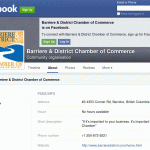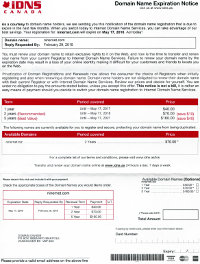Due to the ongoing incompetence at Canada Post and the constant threat of postal disruptions by strikes and lockouts there, we have decided to do what we should have done twenty years ago when we mistakenly thought that a Crown Corporation would be more stable than a private enterprise in providing mail receiving services. Our new Canadian head office mailing address is as follows:
NinerNet Communications Company
535-15216 North Bluff Road
White Rock BC V4B 0A7
This is effective immediately. Our old address is theoretically valid until the end of 2016, but we know that some mail sent to that address has been returned as undeliverable in recent weeks.
Our apologies for this inconvenience. We do provide ways to pay your invoices online; see the payment link in any invoice or payment reminder email.

